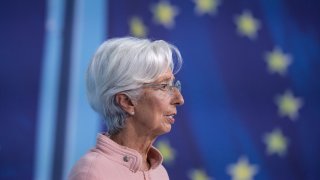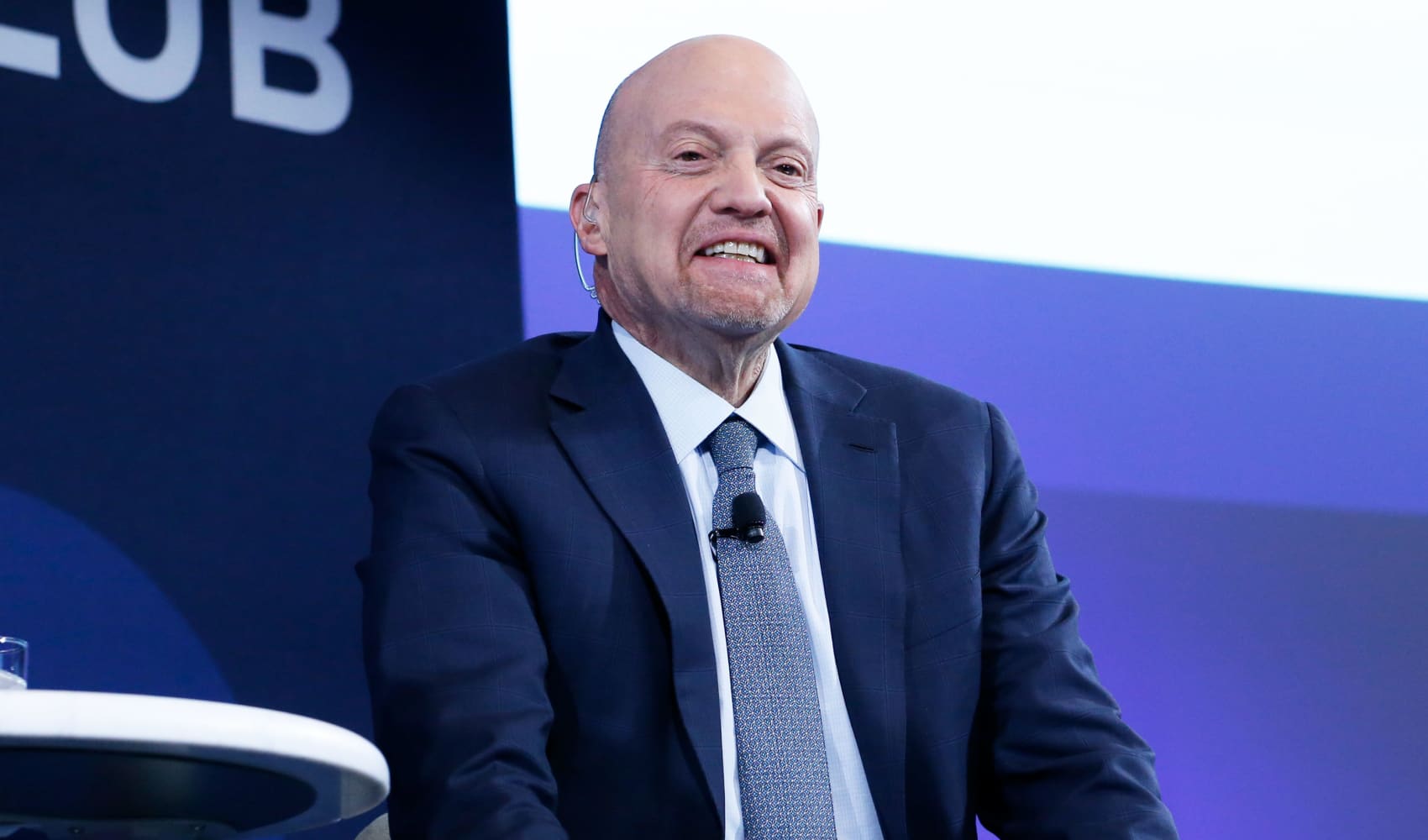
- The institution led by Christine Lagarde developed a new bond-buying program in the wake of the coronavirus in March 2020 to support the euro zone.
- The PEPP is due to end in March 2022 with a potential total envelope of 1.85 trillion euros ($2.19 trillion).
- The ECB has also kept its asset purchase program, known as APP, amid the pandemic which has a current monthly pace of 20 billion euros.
- The central bank has been using this program in combination with PEPP to sustain the 19-member economy.
With inflation surging and the omicron Covid variant expected to spread through the region, the European Central Bank has the unenviable task of presenting its policy outlook for 2022 on Thursday.
The rise in the cost of living for the euro area (the 19 nations that share the euro) reached a record high of 4.9% in November, while omicron looks likely to become the dominant coronavirus strain with some European economies already locked down due to the delta variant.
"The sharp rise in infections and inflation and the emergence of the new Omicron variant has complicated the picture to an extent that the Governing Council may need more time to decide on all the details of adjusting its non-conventional policy tool," said Dirk Schumacher, an ECB watcher with Natixis, in a recent research note.
Get South Florida local news, weather forecasts and entertainment stories to your inbox. Sign up for NBC South Florida newsletters.
The institution led by Christine Lagarde developed a new bond-buying program in the wake of the coronavirus in March 2020 to support the euro zone. The PEPP is due to end in March 2022 with a potential total envelope of 1.85 trillion euros ($2.19 trillion).
The ECB has also kept its asset purchase program, known as APP, amid the pandemic which has a current monthly pace of 20 billion euros. The central bank has been using this program in combination with PEPP to sustain the 19-member economy.
Money Report
Schumacher added that Natixis still expects an announcement that the PEPP program will end by March and "we expect a clear signal that the APP will be used in a more flexible way."
A big focus of this week's meeting will be the new staff projections for inflation and growth. They show whether the inflation target of 2% will be met over the medium term, which is ultimately ECB's primary mandate.
"I see an inflation profile which looks like a hump. So it has clearly increased over the last three quarters and we know how painful it is," Lagarde said at a Reuters conference on Dec. 3,
"And a hump eventually declines and this is what we project for 2022," she added.
Flexible APP
Another key question is how the ECB will bridge the end of the PEPP program at the end of March into a more flexible and potentially larger APP without provoking major market volatility and keeping financial conditions on "favourable" terms. The ECB is expected to stress the need for flexibility.
"Flexibility, in our view, means varying purchases depending on the inflation outlook and financing conditions, i.e. preserving the principle of 'favourable financing conditions' that characterises the PEPP," Spyros Andreopoulos, a senior European economist at BNP Paribas, said in a note.
"This view has been supported by recent ECB rhetoric that has emphasised the need to maintain flexibility, as opposed to pre-committing to a fixed volume of purchases."






